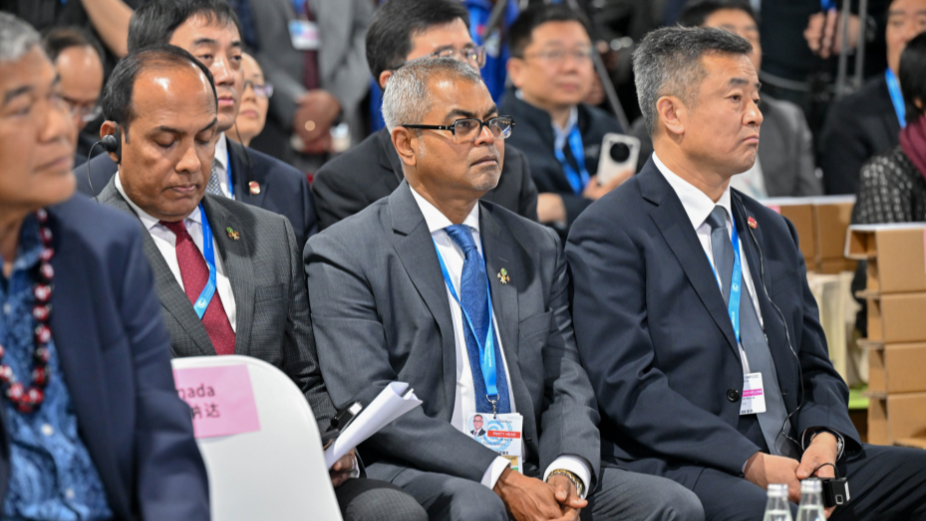
The Maldives has criticised the USD 300 billion annual climate finance target agreed upon at the COP29 summit, stating that it falls far short of the financial support needed to address the growing climate crisis. Minister of Climate Change, Environment and Energy, Thoriq Ibrahim, expressed the country’s disappointment in an exclusive interview with the BBC, describing the deal as insufficient to tackle the severe challenges faced by vulnerable nations like the Maldives.
The minister highlighted the urgency of climate finance being provided as grants rather than loans to prevent increasing the debt burden on nations already bearing the brunt of the crisis. Thoriq underscored the Maldives’ pressing need for substantial foreign financial assistance to combat issues such as rising sea levels, coastal erosion, and water salinity, exacerbated by unprecedented rainfall this year.
Despite accepting the deal to promote multilateral cooperation, Thoriq argued that developed nations must do more, noting that the Maldives requires an estimated USD 1.3 trillion annually by 2035 for effective climate action. The minister criticised the reluctance of wealthier nations to deliver adequate support, contrasting their climate inaction with their heavy investments in warfare.
The Maldives’ government remains focused on its renewable energy ambitions, aiming to transition 33% of the nation’s energy consumption to renewables, a key policy of President Dr Mohamed Muizzu. However, achieving this target hinges on securing the necessary funding.
COP29, held in Azerbaijan, faced criticism from small island states and least-developed countries after contentious negotiations. Delegates from these vulnerable groups staged a walkout, accusing the host of sidelining their concerns. The final agreement, while an improvement over the previous USD 100 billion target, includes funding from both public and private sources, raising concerns about deepening debt for already fragile economies.
The Maldives continues to advocate for climate justice, emphasising that climate finance is not charity but a moral debt owed by major polluters to vulnerable nations. The island nation has joined other small states in calling for greater ambition, urging richer nations to commit to transparent and locally driven solutions.
With COP30 set to take place in the Brazilian Amazon next year, the Maldives is pushing for Indigenous leadership and more robust climate action from the international community. The fight for climate justice remains a priority, as the window to limit global heating to 1.5°C rapidly narrows












